Helping Your Child Develop Good Habits for Lifelong Success
Habits are powerful drivers of behavior that shape our daily lives and ultimately determine our long-term success. For children, developing good habits early on is crucial, as these habits become the foundation for future achievements and well-being. As a parent, you have a significant role in guiding your child through this process, helping them establish habits that will serve them well throughout their lives. This article explores why habits are essential for a child’s success, how to develop them effectively, and practical strategies parents can use to support their children in building good habits.
Why Habits Matter for a Child’s Success
Habits are the building blocks of behavior. They form the automatic routines that govern much of what we do, from brushing our teeth to managing our time effectively. For children, good habits can be the key to academic success, emotional resilience, and overall well-being. When positive habits are ingrained early, they become second nature, allowing children to navigate life with greater ease and confidence.
Developing good habits at an early age is not only easier but also more impactful. Young children’s brains are highly plastic, meaning they are more adaptable and receptive to learning new patterns of behavior. This neuroplasticity allows habits formed in childhood to be deeply embedded, making it easier for these behaviors to persist into adulthood. As a result, instilling good habits early can set the stage for a lifetime of success.
The Habit Loop: Understanding the Four Components
To effectively develop good habits, it’s essential to understand the mechanics of how habits work. A habit consists of four key components: cue, craving, response, and reward.
1. Cue: The cue is a trigger that initiates the habit. It can be anything from a specific time of day to an object in the environment. For example, the sight of a guitar in the living room might serve as a cue to practice music.
2. Craving: Craving is the desire that drives the habit. It’s the motivation behind the action. In the case of practicing the guitar, the craving might be the desire to improve musical skills.
3. Response: The response is the action itself—the habit. This could be picking up the guitar and practicing for 30 minutes.
4. Reward: The reward is the positive reinforcement that follows the habit. It’s what makes the habit appealing and worth repeating. For the budding guitarist, this could be the satisfaction of mastering a new song or receiving praise from a parent.
Once you understand this loop, you can start to “hack” the habit-forming process to encourage good habits and discourage bad ones.
How to Develop Good Habits in Children
To develop good habits in children, start by creating an environment that supports these behaviors. The key is to make the cues for good habits as visible and prominent as possible. For instance, if you want your child to develop the habit of reading, place books in areas where they spend the most time. This could be a bookshelf in their bedroom or a cozy reading nook in the living room.
But visibility alone isn’t enough. It’s also crucial to create a clear plan of action—this is where implementation intentions come into play. An implementation intention is a specific plan that outlines when and where a habit will take place. Instead of vaguely saying, “I want my child to read more,” set a clear intention: “Every night after dinner, my child will read for 20 minutes in the reading nook.”
This approach makes it easier for the child to transition from intention to action, as they know exactly what is expected and when. Moreover, by consistently pairing a specific time or event (like after dinner) with the habit, you strengthen the cue, making the habit more likely to stick.
How Parents Can Help
Parents play a pivotal role in helping their children develop good habits. Here are some practical strategies:
1. Model the Behavior: Children learn by observing. If you want your child to develop a particular habit, demonstrate it yourself. If you want them to exercise regularly, make it a family activity. If you want them to be organized, show them how you manage your own tasks.
2. Use Positive Reinforcement: Rewards are a powerful motivator. Praise your child when they successfully engage in the desired habit, and consider offering small rewards for consistency, such as a sticker chart or extra playtime.
3. Simplify the Environment: As demonstrated in the study by Dr. Anne Thorndike, altering the environment can make a big difference. By removing distractions and making the cues for good habits more prominent, you can help your child focus on what matters most.
4. Be Patient and Consistent: Building habits takes time. Be patient with your child and encourage them consistently. Celebrate small victories along the way to keep them motivated.
5. Create a Routine: Consistency is key to habit formation. Establishing a daily routine that incorporates the desired habits will help reinforce them over time. For example, if you want your child to develop a habit of practicing an instrument, make it part of their daily schedule at a set time.
Conclusion
Good habits are essential for a child’s long-term success and well-being. By understanding the mechanics of habit formation and taking intentional steps to guide your child, you can help them establish positive routines that will benefit them throughout their lives. Remember, the earlier you start, the easier it will be to shape these habits, setting your child on a path toward success and fulfillment. As a parent, your support, patience, and consistency are crucial in helping your child develop habits that will serve as the foundation for a bright and successful future.

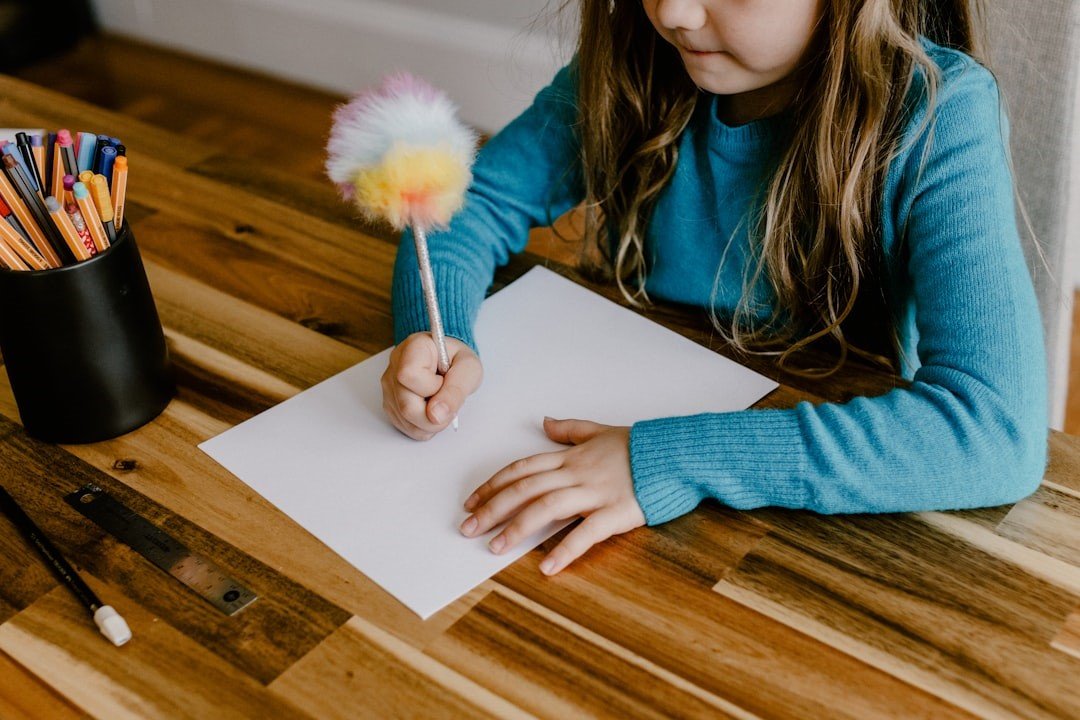
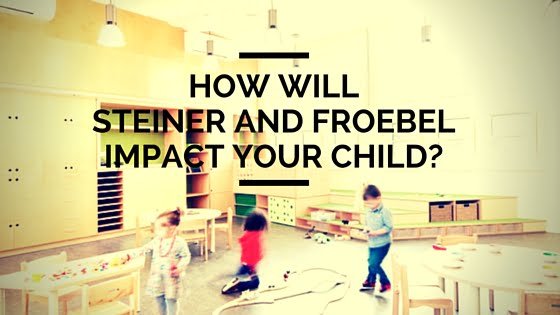
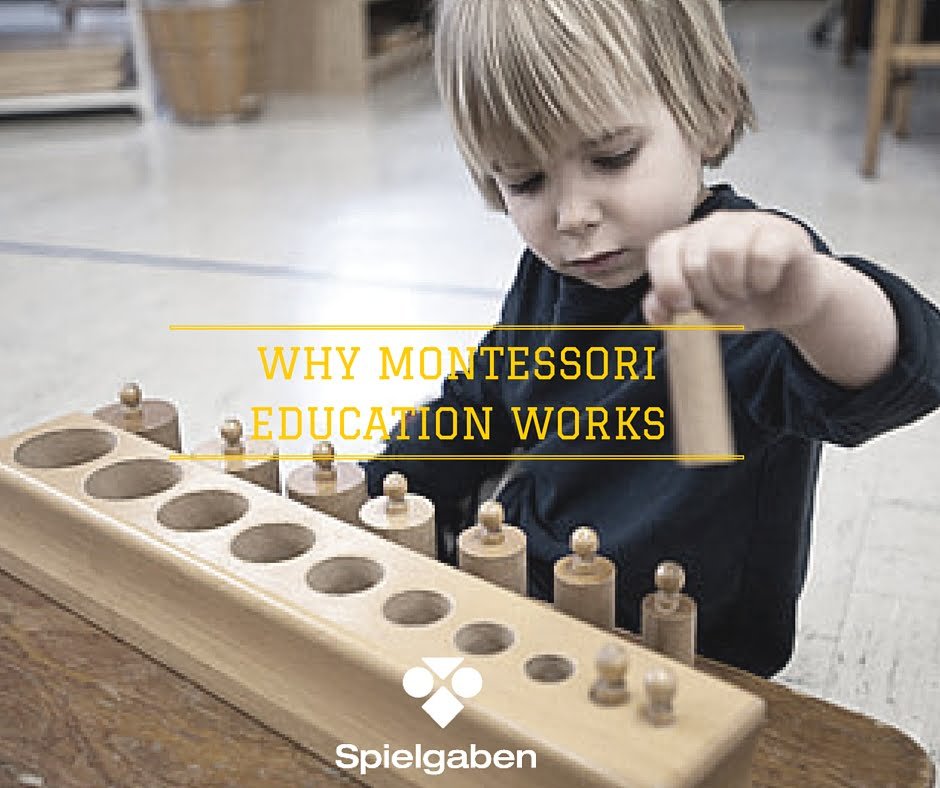





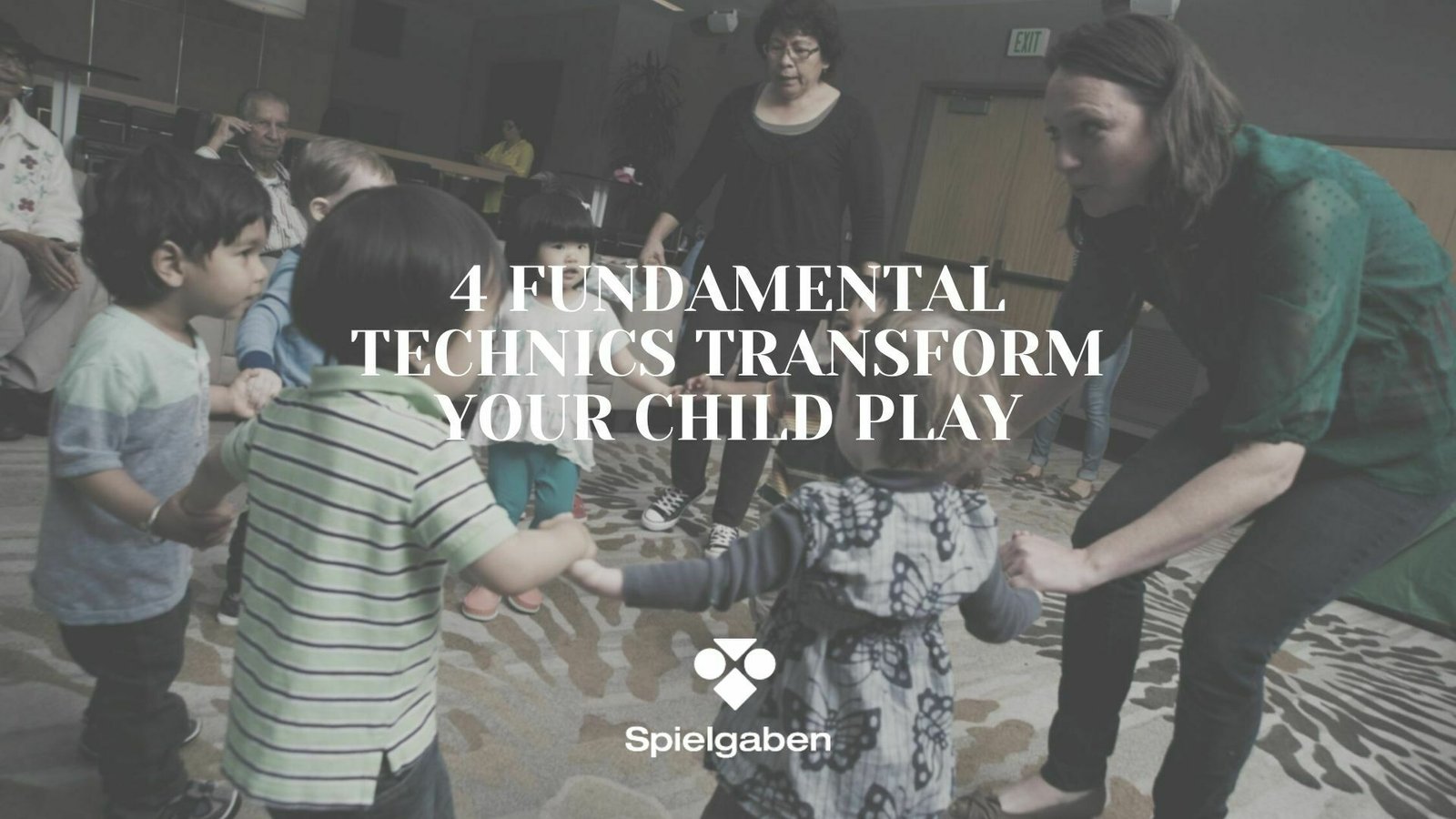

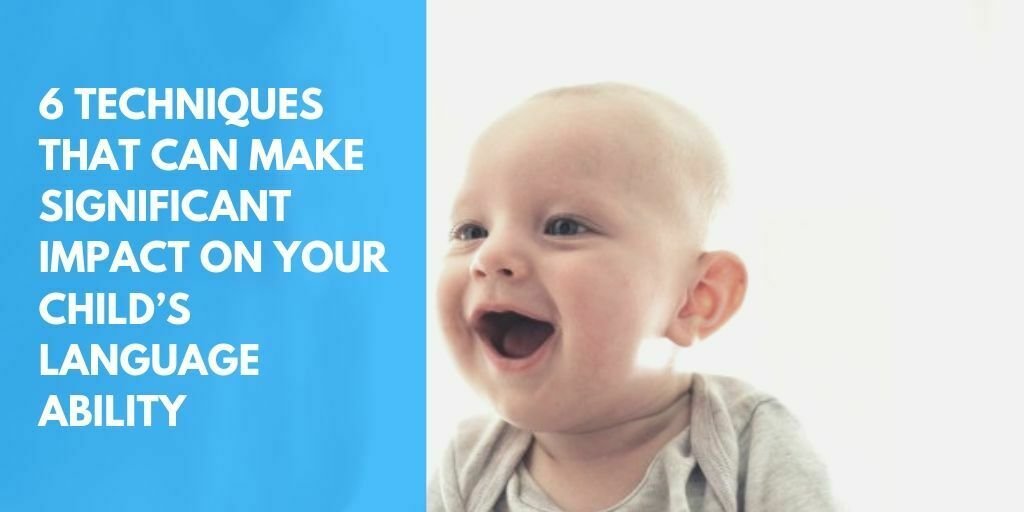

LEAVE A COMMENT